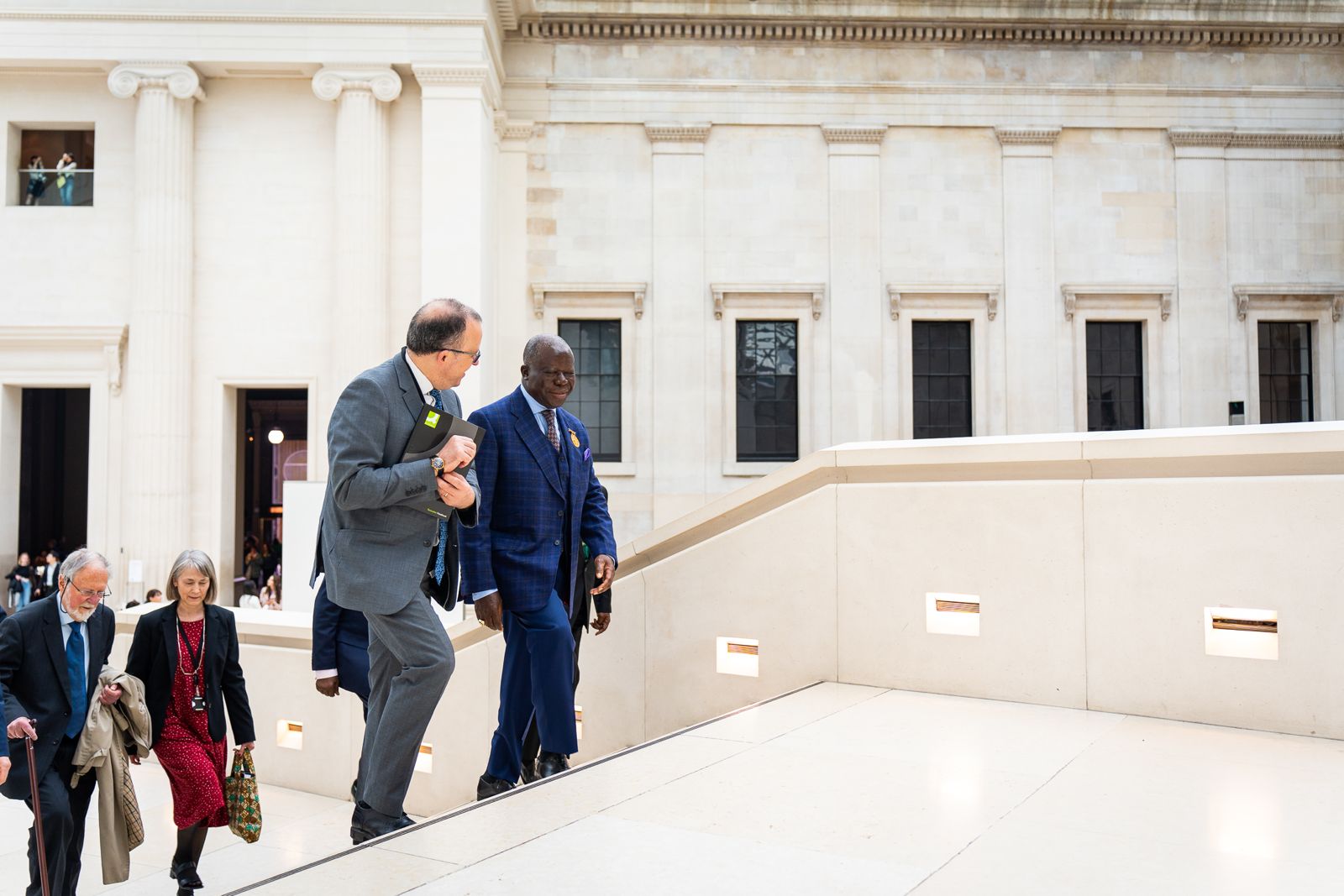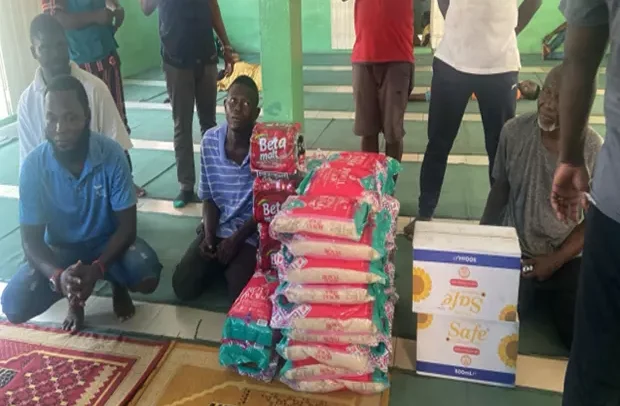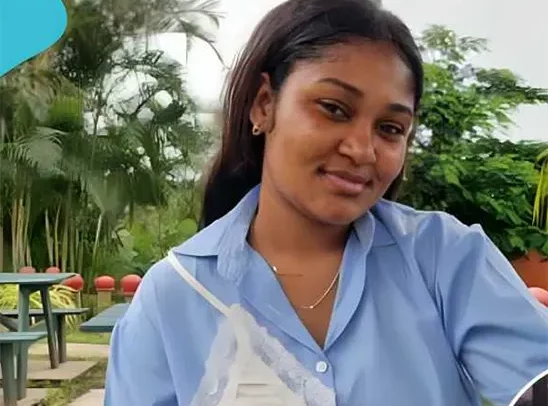
The trial reopened Friday of suspects in the deadly jihadist attack on the Tunisian capital's Bardo museum in 2015, with the hearing relayed by video to Paris for French victims' families.
Several of the suspects in the attack that left 22 dead testified as the trial started in earnest, after five previous sessions over the last 18 months that had been taken up by procedural issues.
Among the 19 defendants who appeared in court were friends of suspected mastermind Chamseddine Sandi, including his brother Achraf Sandi.
A security guard and 21 foreign tourists, including four French nationals, four Italians, three Japanese and two Spaniards, were gunned down in the March 18, 2015 attack by two assailants armed with Kalashnikov rifles.
Dozens of others were wounded in the assault on the North African country's main museum, while the two gunmen were shot dead. It was one of several attacks in Tunisia that have been claimed by the Islamic State group.
The first suspect questioned in court, Mahmoud Kechouri, a 33-year-old labourer from a working-class district of Tunis, said he had helped with planning for the attack, including readying mobile phones for Chamseddine Sandi, a neighbour and longtime friend.
Kechouri said he had adopted Sunni extremist ideology a decade ago but had not joined comrades who travelled to neighbouring Libya for training because he was the family breadwinner.
Google Earth, Telegram
Asked by the judge if the attack had any link to religion, he shook his head but stressed: "You know, in the field, they give you arguments."
Using Google Earth and social media, he said he had scoped a number of potential targets, including police stations and Tunisian politicians, before the Bardo National Museum was selected.
After the attack, he had used the Telegram encrypted message service to keep Chamseddine Sandi informed of the investigation into the attack, before the fugitive was killed in a US air strike in Libya in February 2016, according to Tunisian media.
The defendants, who stand accused of taking part in preparations for the attack, say they had only discussed ideas with friends. Several allege they were tortured in detention.
At the request of victims' relatives, Tunisian judicial authorities allowed the hearing to be relayed to Paris with the accused only seen from behind, saving more than 60 civil plaintiffs from having to travel to Tunisia for the trial.
Since a 2011 uprising that toppled dictator Zine El Abidine Ben Ali, jihadist attacks in Tunisia have killed dozens of members of the security forces and foreign tourists.
Three months after the Bardo attack, 38 people, most of them British tourists, were killed in a shooting rampage at the coastal tourist resort of Sousse, further ravaging Tunisia's vital tourism industry. The Sandi brothers are also key suspects in the Sousse attack.
The suspects in the Tunis assault could be sentenced to death if found guilty but a moratorium on judicial executions has been in effect since 1991. A security officer is also on trial for failing to assist the targeted tourists.
Read Full Story























Facebook
Twitter
Pinterest
Instagram
Google+
YouTube
LinkedIn
RSS